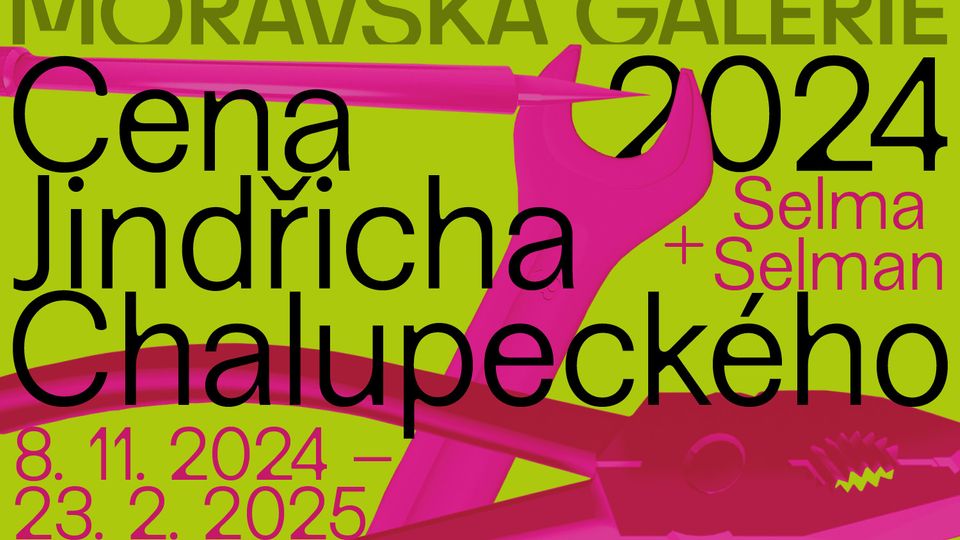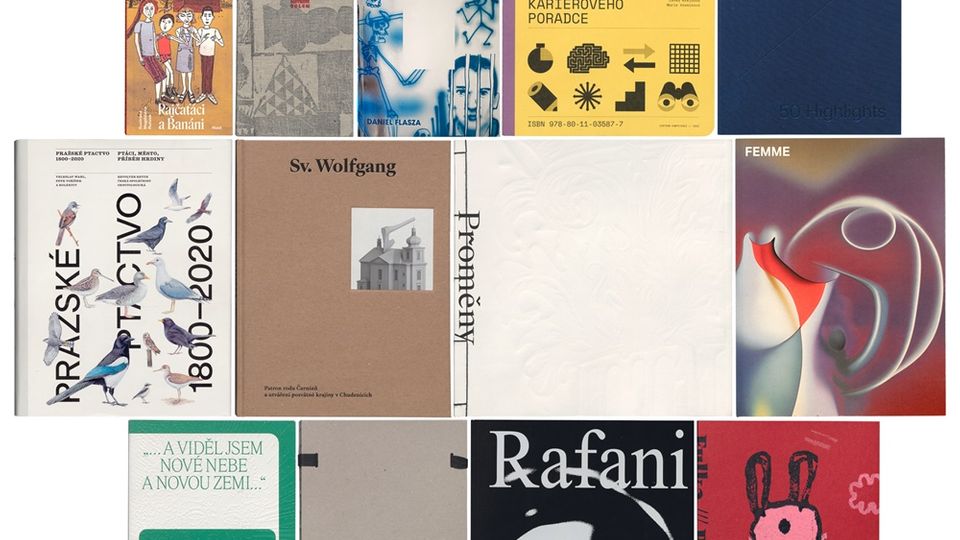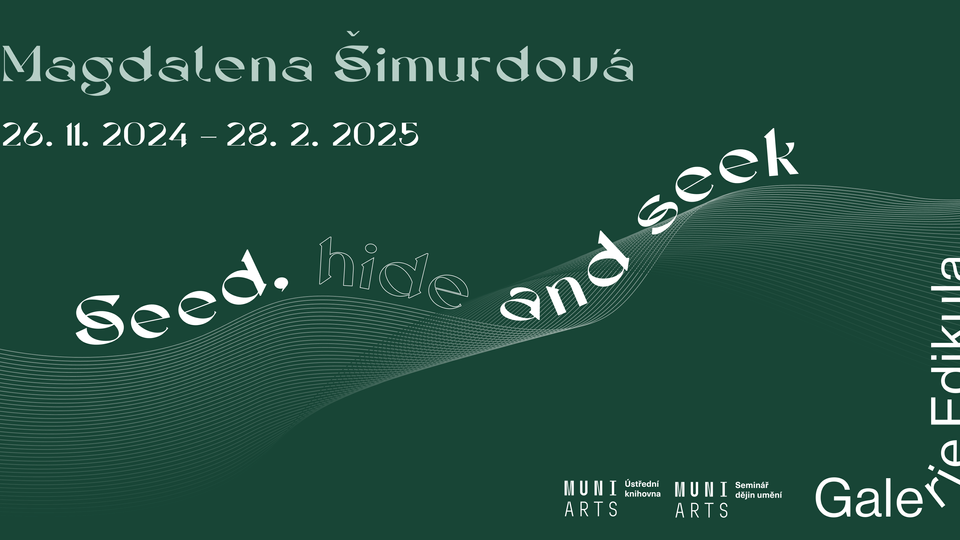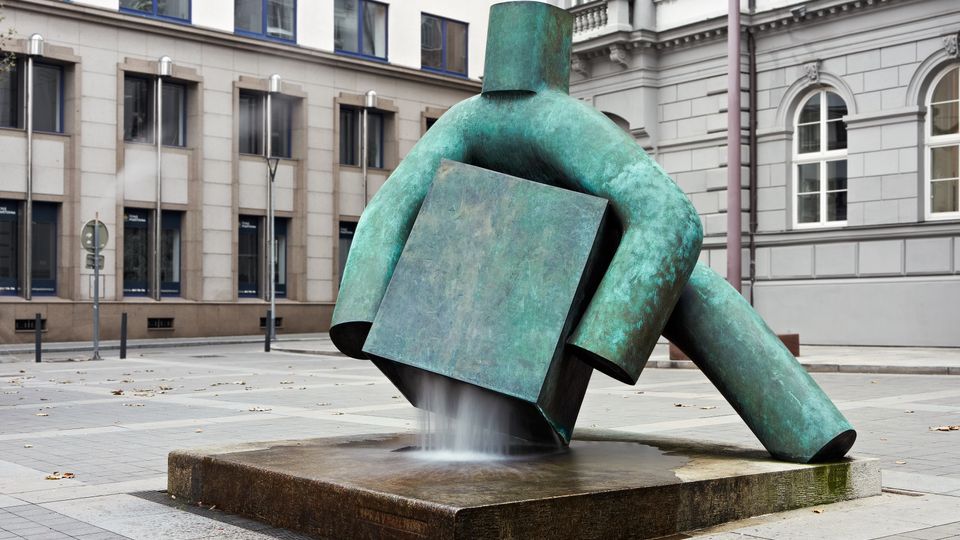MEETING BRNO: Autorské čtení + debata – Viktor Horvath & Halyna Kruk
2. 6. 2019
Ostatní akce
Husova 535/18, 602 00 Brno-město
Instituce ukončila činnost v roce 2019
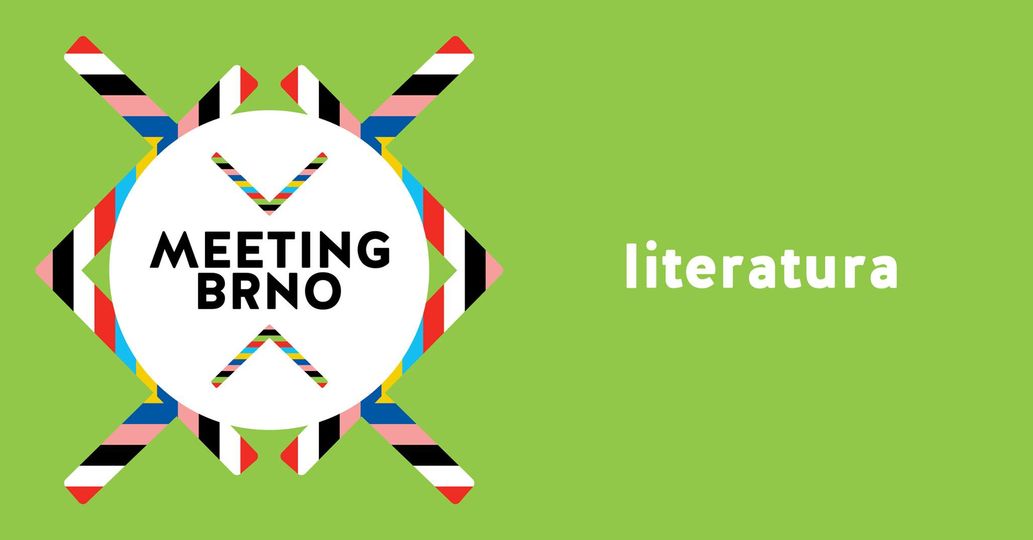
Autorské čtení s diskusí, během kterého se v rámci festivalu MEETING BRNO představí Viktor Horváth a Halyna Kruk.
Viktor Horváth (HU) ~ Maďarský spisovatel a překladatel stráví v Brně několik týdnů na festivalové umělecké rezidenci. Přijďte se seznámit s autorem a jeho dílem, poslechnout si dojmy z brněnského pobytu, ale i zkušenosti ze života spisovatele v Maďarsku. Viktor Horváth se narodil v roce 1962 v Pětikostelí a dnes vyučuje na tamější univerzitě. Krom řady básní, povídek a esejů napsal několik románů, z nichž dva vyšly česky: Török tükör (Turecké zrcadlo) a Tankom (Můj tank), kde autor skrze tragikomická dobrodružství „Forresta Gumpa východního bloku“ popisuje události roku 1968 až do srpnové invaze vojsk Varšavské smlouvy do Československa. „Zamýšlel jsem napsat knihu o okupaci, ale první motiv byl osobní. Velkou roli hrála nostalgie mého dětství, chtěl jsem vyznačit svoje kořeny a zároveň vše propojit se svou současnou osobností. Bylo důležité, abych své dětství rekonstruoval včetně té psychologické stránky a prožívání dobového kontextu. A během toho mě napadly podobnosti mezi současnou maďarskou situací a tehdejší dobou,“ poznamenal k románu autor. Román Můj tank byl nominován na cenu Magnesia Litera 2019 v oblasti překladové literatury.
Halyna Kruk (UA) ~ Ukrajinská básnířka a překladatelka se narodila roku 1974 ve Lvově, na tamější univerzitě vystudovala literaturu a dnes ji na své alma mater přednáší. Je autorkou pěti básnických knih (mj. Putování při hledání domu, Stopy v písku, Tvář, co není na fotografii) a mnoha překladů z běloruštiny, ruštiny a polštiny (mj. Wisławy Szymborské a Stanisława Lema). Jako literární historička se věnuje lidovým žánrům ukrajinského baroka. Ve svém básnickém díle navazuje na tradici feminismu a ukrajinské ženské poezie: „Ó, Sylvie, proč žena musí platit za svobodu dráž než Amerika?“, oslovuje v jednom ze svých veršů Sylvii Plathovou. Píše i knihy pro děti a o dětech, přispěla například do antologie Máma po Skypu, věnované dětem rostoucím v odloučení od rodičů, kteří vydělávají v zahraničí.
ENG
Viktor Horváth (HU) – A Hungarian writer and translator will spend several weeks in Brno as the festival’s artist-in-residence. Come to meet the author and his work, listen to his impressions of the Brno stay, but also to the experience of the writer’s life in Hungary. Viktor Horváth was born in Pécs in 1962 and now teaches at the university there. In addition to a number of poems, short stories and essays, he wrote several novels, two of which were published in Czech: Török tükör (Turkish Mirror) and Tankom (My Tank), where the author describes the events of 1968 up to the August invasion of Warsaw Pact troops to Czechoslovakia through the tragicomic adventures of a sort of Forrest Gump of the Eastern Bloc. “I intended to write a book on occupation, but the first motive was personal. Nostalgia of my childhood played a big role, I wanted to mark my roots and at the same time connect everything with my current personality. It was important for me to reconstruct my childhood, including the psychological side and experiencing the contemporary context. And during that time, I was faced with similarities between the current Hungarian situation and that period,” the author commented on the novel. The novel My Tank was nominated for the Magnesia Litera 2019 in translation literature.
Halyna Kruk (UA) – The Ukrainian poet and translator was born in Lviv in 1974, studied literature at the university there, and she lectures at her alma mater today. She is the author of five poetry collections (among others, Wandering in the Search of a House, Footprints in the Sand, The Face That is Not in the Photo) and many translations from Belarusian, Russian and Polish (including Wisława Szymborska and Stanisław Lem). As a literary historian, she focuses on the folk genres of the Ukrainian Baroque. In her poetic work, she follows the tradition of feminism and Ukrainian female poetry: “Oh, Sylvia, why does a woman have to pay for freedom more dearly than America?” she addresses Sylvia Plath in one of her verses. She also writes books for children and about children; she contributed for example to the anthology titled Mum on Skype, dedicated to children growing in separation from their parents who work abroad.

